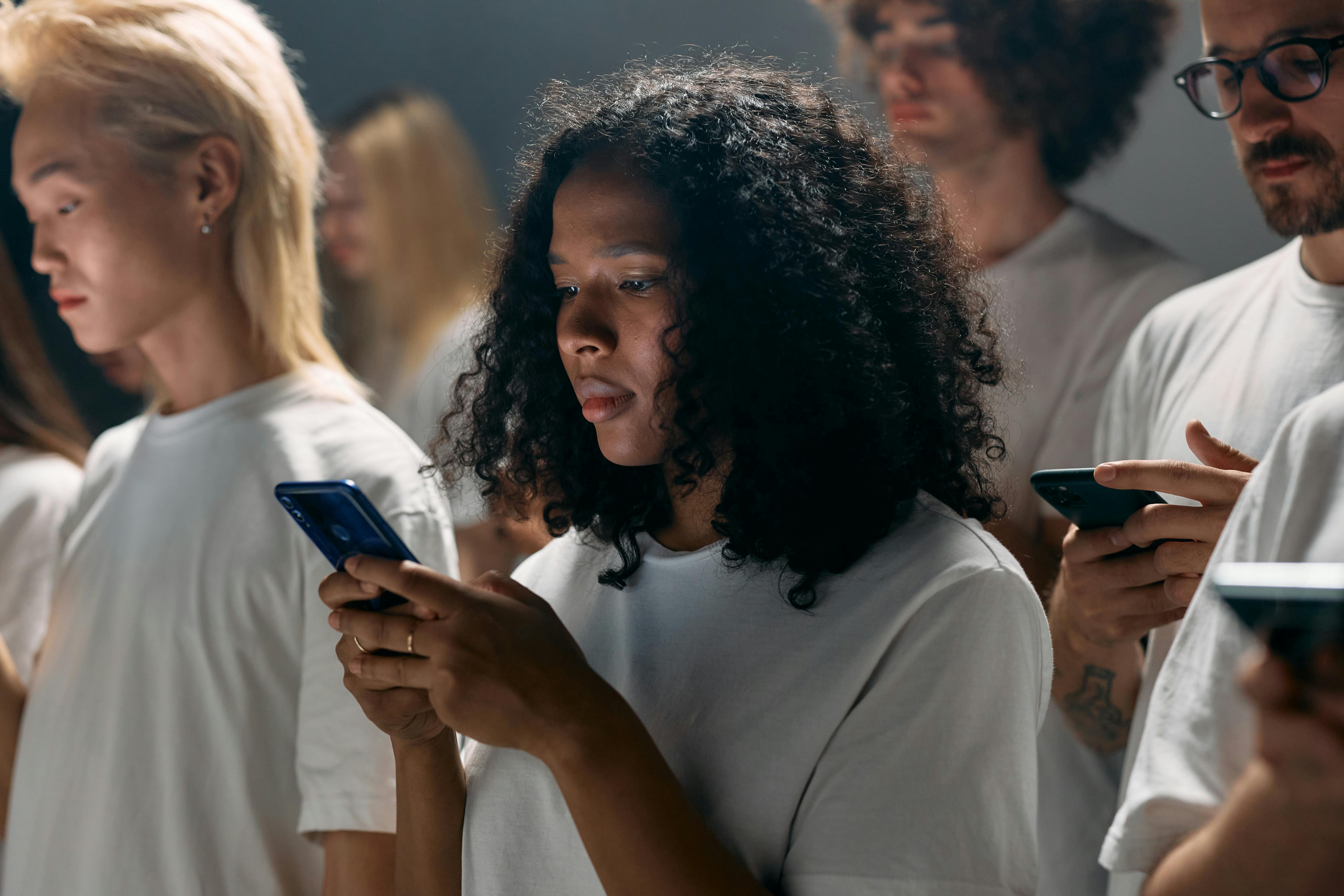Beyond the Buzz: 11 Hidden Ways Social Media and Gaming Addiction Affect Your Well-being
3. Erosion of Meaningful Real-life Relationships
Online connections offer comfort, especially when friends or family feel far away. But when digital conversations become the primary—or only—way we relate, the richness of in-person contact can slowly slip away. Messages and emojis are fast, but they can't replace the subtlety of tone, the comfort of a hug, or the way laughter feels in a shared room. If you’ve noticed face-to-face time dwindling, you're not alone. The shift doesn't happen overnight. It could look like shorter conversations at dinner, fewer spontaneous outings, or a sense of distance with those once close. Gently reaching out with a phone call, planning a shared meal, or even going for a walk together can revive connections. Real-life relationships offer support that digital interaction can't fully duplicate. Rebuilding those bonds happens moment by moment, and each small effort truly matters.
4. Increased Social Isolation

Social media promises endless connection, but heavy use can actually deepen feelings of loneliness. Many people find themselves surrounded by online friends yet missing a sense of true belonging offline. This paradox has come into sharp relief since the pandemic, when virtual interaction became the norm out of necessity. Now, it's easy to slip into routines where digital companionship substitutes for genuine togetherness. If this sounds familiar, know that your craving for real connection is valid. Reaching out might feel awkward at first, especially if habits have set in. Start with small steps: saying yes to an in-person invitation, joining a local group, or reconnecting with someone you miss. Change doesn't mean abandoning online worlds, but gently widening your circle—and letting authentic relationships nourish your sense of being known and seen.
